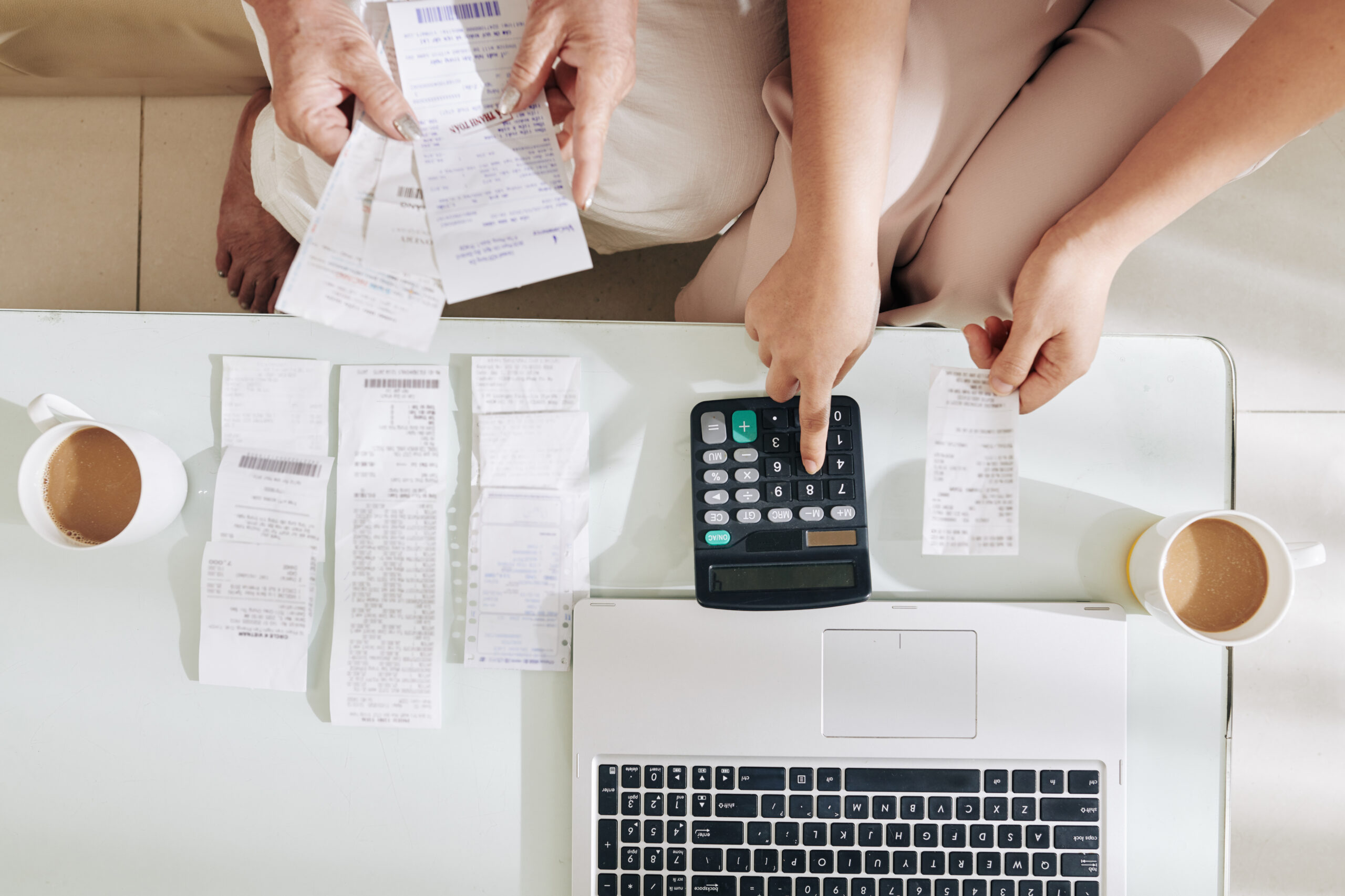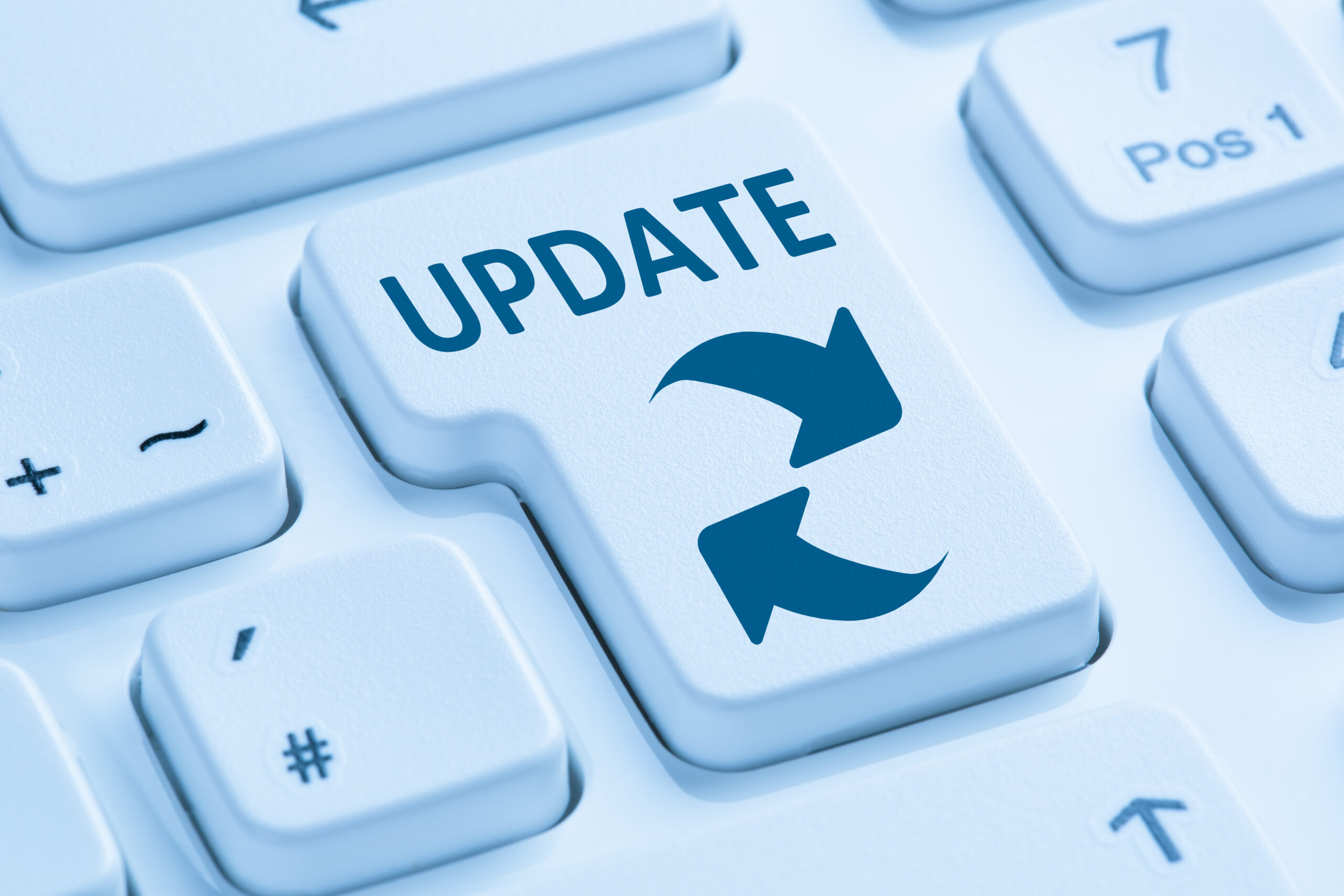How to Claim Allowable Expenses for Self Assessment

If you’re self-employed, claiming allowable expenses can help lower your tax bill when filing your 2025 Self Assessment tax return. HMRC lets you claim back some business costs, like office supplies, travel, or professional fees, so you only pay tax on the money you earn as profit.
To benefit fully, it’s important to know which expenses qualify and how to claim them properly. Whether you’re a sole trader or a freelancer, understanding the rules can save you money and avoid costly mistakes.
Who Can Claim Allowable Expenses?
-
- Self-employed (sole trader or freelancer)
- A business partner in a partnership
- Running a limited company (with some differences in rules)
If you earn more than £1,000 from self-employment in the tax year, you must submit a Self Assessment tax return and can claim allowable expenses.
List of Common Allowable Expenses for 2025
When running your own business, claiming allowable expenses is key to reducing your taxable profit and paying less tax. Below are the common types of expenses you can claim in 2025:
-
- Office Costs
- Communications
- Professional and Financial Services
- Staff Costs
- Travel and Vehicle Costs
- Clothing and Laundry
- Stock and Materials
- Marketing and Advertising
- Premises Costs
- Bad Debts.
- Other Allowable Expenses
How to Claim Allowable Expenses in Your Self Assessment
When completing your Self Assessment tax return, claiming allowable expenses correctly can reduce your taxable profit and lower your tax bill. Here’s how to claim allowable expenses in your 2025 Self Assessment:
1. Keep Accurate Records
Throughout the tax year, keep all receipts, invoices, and bank statements related to your business expenses.
2. Choose the Correct Self-Employment Pages
Your Self Assessment tax return includes either the short or full Self-Employment (SA103) pages:
-
- Short pages: Add up all your allowable expenses and enter the total in box 20. Optionally, you can break down expenses in boxes 11-19.
- Full pages: Enter detailed totals for each type of expense in boxes 17-30. Add all expenses together and enter the total in box 31.
3. Pension Contributions
If you make personal contributions to a registered pension scheme under the ‘relief at source’ system, include the total gross amount in box 1 of the ‘Tax Reliefs’ section on the main Self Assessment form (SA100).
4. Charitable Donations
To claim tax relief on charitable donations made under the Gift Aid scheme, enter the total gross amount of donations in boxes 5 to 12 of the ‘Tax Reliefs’ section on the SA100 form
5. Submit Your Return on Time
Make sure to file your Self Assessment tax return by the deadline (usually 31 January following the end of the tax year) to avoid penalties. Claiming allowable expenses is not just a way to reduce your tax bill; it’s your right as a business owner.
If you’re an Accountant and Business Owner, managing a business and accounts at the same time can be tough. Nomi software makes it easy. Find the benefits by starting a 30-day free trial, or schedule a free demo to explore its features and see how it works.
Disclaimer: This blog provides general guidance and should not be considered tax advice. For complex situations or uncertainties, always consult a qualified accountant or refer to HMRC’s official resources.
Frequently Asked Questions
Do I Need to Do a Self-Assessment in 2025?
You must file if self-employed, have untaxed income, or meet HMRC criteria; check HMRC’s tool to confirm your requirement.
How Do I Claim Allowable Expenses in 2025 for Self Assessment Online?
Register online, keep records, enter expenses in the Self Assessment form, and submit before the deadline to claim allowable expenses.
What Can I Claim Back on Tax as an Employee?
Claim tax relief on work-related costs like uniforms, travel, professional fees, and home office expenses if not reimbursed.
What Are Allowable Expenses for Employees According to HMRC?
Allowable expenses include uniforms, tools, professional subscriptions, business travel (excluding commuting), and a portion of home working costs.
Want to find out more?
Book a free 30-day trial or talk to one of our advisor and see how our accounting software can help you manage staff, increase profitability and take your practice to the next level.

Can AI Replace Accountants in the UK?
Artificial intelligence (AI) is changing many industries, including accountancy in the UK. Many people have...
Read More

How to Choose the Right MTD VAT Software
Choosing the right MTD-compatible software for VAT is essential because Making Tax Digital has changed...
Read More

Nomi Product Updates and New Features June 2025
In June 2025, we introduced several key updates across the NOMI platform to improve usability,...
Read More